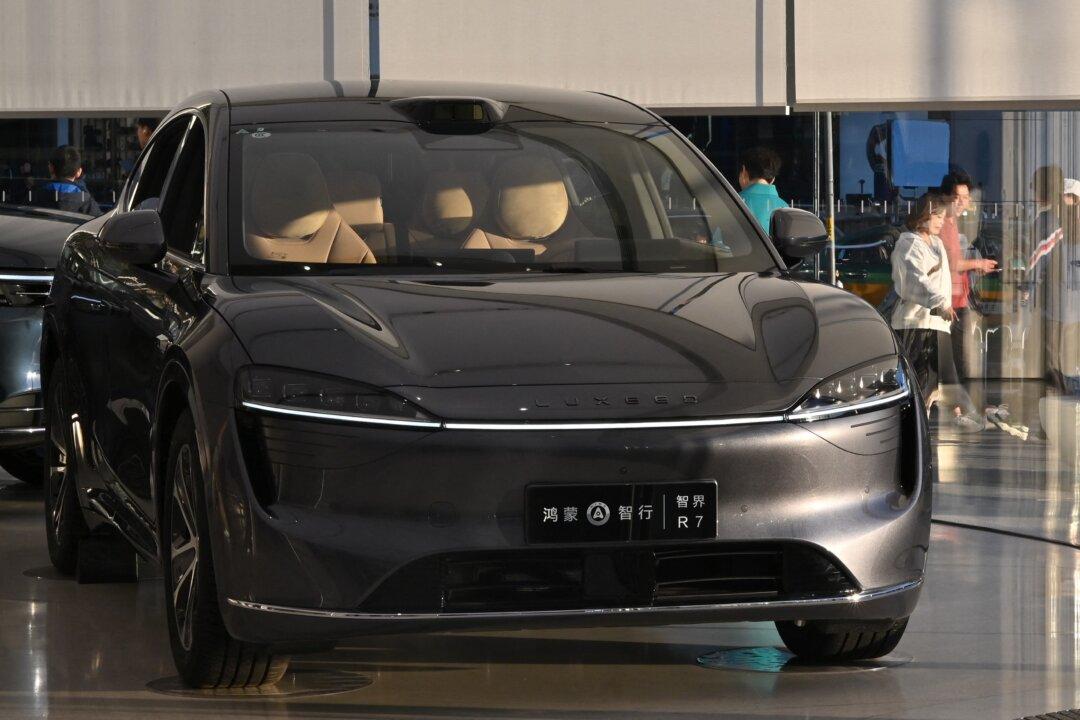The Chinese regime said on Nov. 4 that it had lodged a formal complaint at the World Trade Organization (WTO) about the European Union’s decision to impose definitive duties on electric vehicles (EVs) made in China, escalating trade tensions between Beijing and the 27-nation bloc.
Brussels began to collect extra tariffs on EVs shipped from China on Oct. 30. These definitive duties—which will remain in place for the next five years—are the result of a year-long investigation conducted by the European Commission, which found that Chinese EVs were receiving substantial state subsidies that were threatening to cause economic injury to the EU’s automakers.




